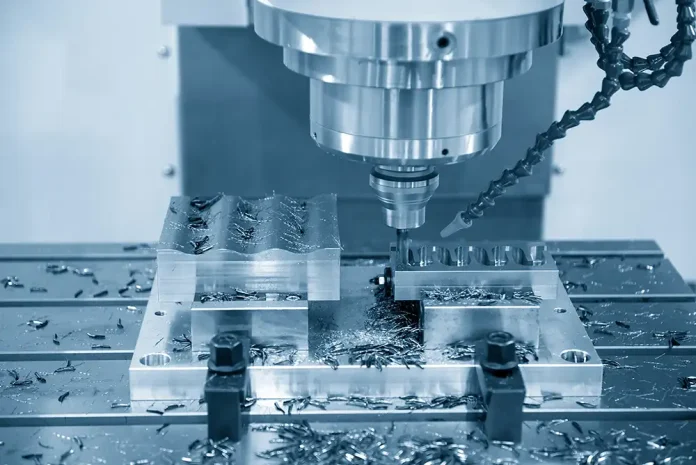by Gene Mussel, director, Harbour Results, Inc.
Today, plastic processors have many challenges to manage to maintain a successful business – from raw material price increases to labor shortages – and, several of these issues are out of leadership’s control. However, one opportunity to drive efficiency and profitability improvement – and can be controlled – is the relationship between a plastics processor and mold builders.
All too often, the mold building process can become adversarial between the mold builder and molder, negatively impacting build time and quality. Lack of communication and not setting good expectations results in delays, rework and increased costs.
Does this sound familiar? Well, it doesn’t have to be.
Following are a few best practices for managing the mold-building process to set yourself up for success.
Set Mold Standards
All plastic processors have standards that they prefer for molds. Yes, each mold is unique, but companies typically have a set of standards that they come to expect – water connections, wiring connections, measuring units (metrics vs. imperial), etc.
Develop a comprehensive list of expectations and standards, write them down and provide them to the mold builder during the quote process. Providing as much information as possible early enables a better, more accurate quote as well as helps ensure that the mold is built to the specifications you expect. And, if the processor is working with a new mold builder, this step becomes increasingly important.
Are All the Right People Involved in the Process?
It is critically important that all the right people at the plastics processor and mold builder are involved in the build process and that roles are clearly defined. Having too many “chefs in the kitchen” can be a challenge, but not having the expertise and knowledge need to make quick decisions and clearly define customer expectations can lead to costly mistakes.
Share Evaluation Checklist
Once a mold is delivered, best-in-class molders have a checklist to evaluate the quality of the mold. If this checklist is shared with the mold builders during the build process, they can conduct internal evaluations to ensure they meet the standards before delivering the mold. This simple step can help alleviate multiple tryouts, repairs and back and forth rework.
Attend the Mold Trial
Frequently a plastic processor’s customer wants to be onsite for the mold trial, especially with a new or complex part. Invite the mold builders to attend the trial as well. This will allow them to hear any feedback firsthand and assist in problem-solving or making recommendations if changes or adjustments are required. Working as a team allow the processor and mold builder to provide better solutions and address issues more quickly.
Continuous and Frequent Communication
The key to any good partnership is communication – which, in business, is easier said than done. For plastic processors and mold builders, it is essential for producing a quality mold that produces a quality part. It is not uncommon for changes and adjustments to occur during the mold-building process. It is important to be responsive and communicate changes as soon as possible.
Additionally, project gate reviews should be established to secure feedback, input and recommendations from mold builders at key transitions in the phases of the mold build. This ensures the new tool build capitalizes on their experience and knowledge. For example, completing a thorough mold flow analysis and reviewing the results as a team prior to final mold design will allow for adjustments early in the build process that if not addressed could create costly and time-consuming issues.
At the end of the day, the customer’s success relies on the processor, and processor’s success relies on the project’s mold-building partners. Collaboration and shared responsibility for timeliness and quality are key to delivering on time while managing costs.
By having a mindset that processors are building a partnership with mold suppliers and asking for feedback, the business will benefit and customers will be happy.
Gene Mussel is part of the consulting team focused on business strategy development and integration. He has extensive experience in plastics manufacturing. He utilizes data analytics to identify opportunities for business and operational improvements and helps implement strategies to improve efficiency and profitability.
More information: www.harbourresults.com





